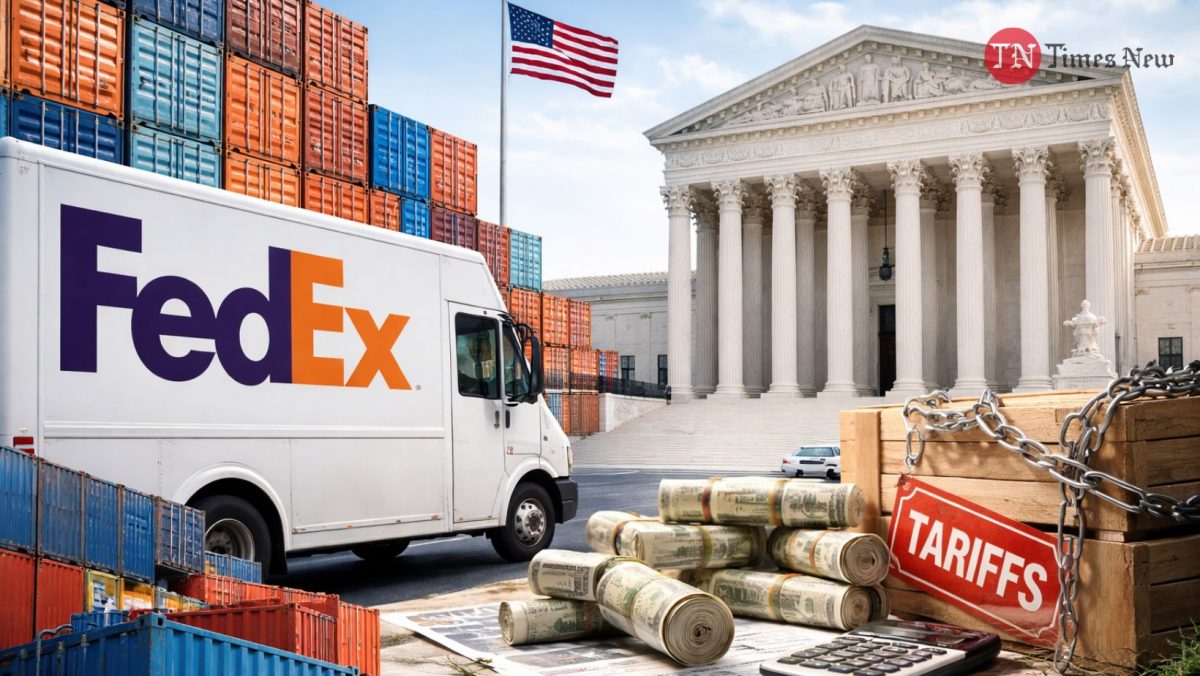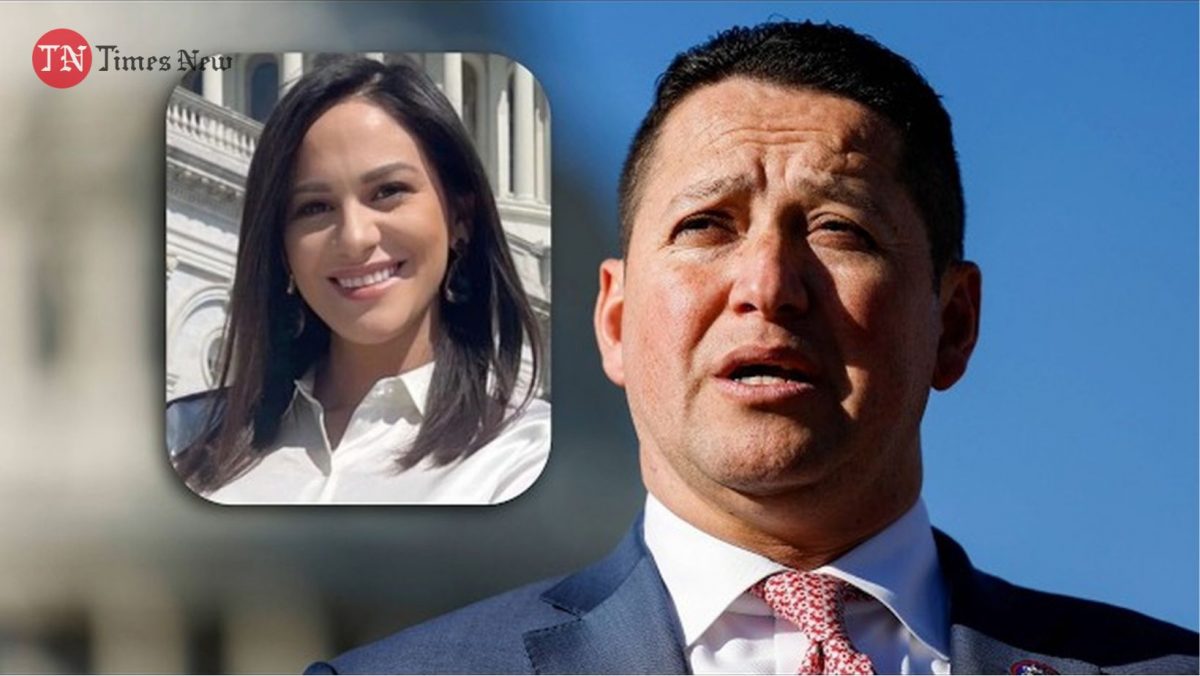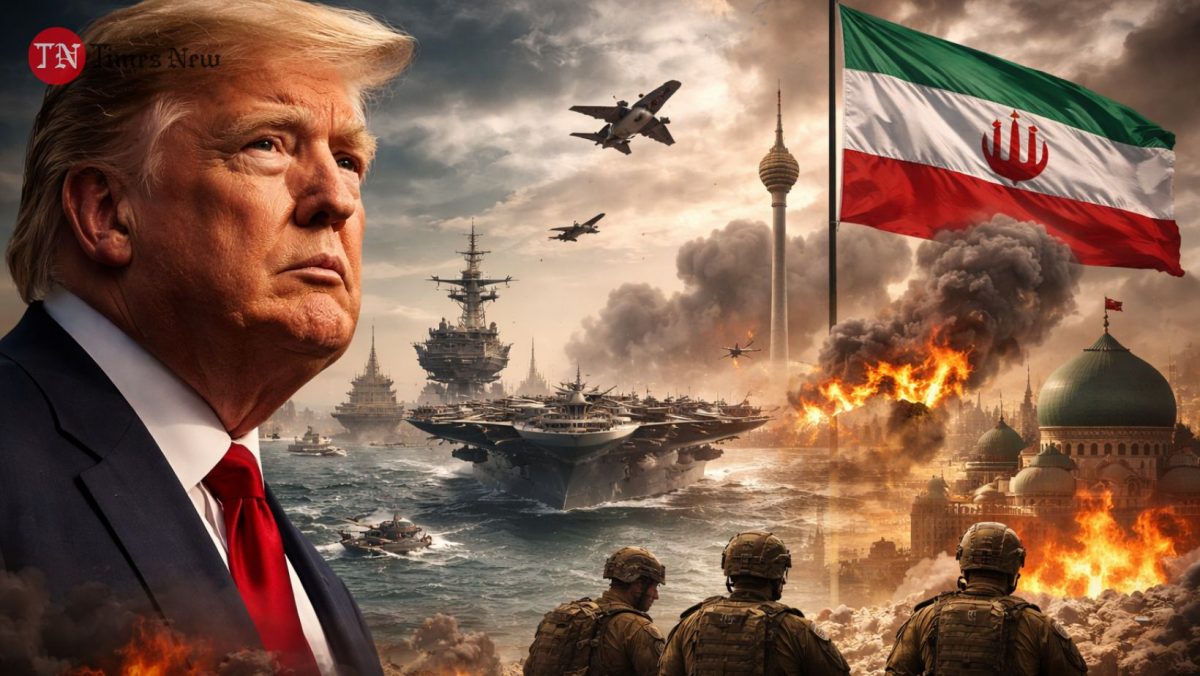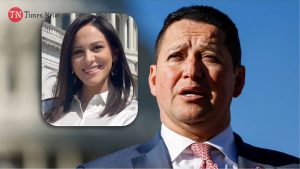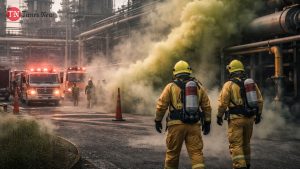
The BBC is under intense global scrutiny after admitting that its flagship programme “Panorama” edited parts of former U.S. President Donald Trump’s 2021 Capitol riot speech in a misleading manner. The fallout has been swift: Trump is now threatening a $5 billion lawsuit, governments critical of independent media—including Russia and India—are seizing on the controversy, and the BBC’s news chief Deborah Turness has stepped down. The incident has sparked a broader debate over journalistic standards, impartiality, and political pressure faced by global news organisations.
The controversy has emboldened critics worldwide. The White House labelled the broadcaster “100% fake news”, while officials in India suggested they would cite the Panorama incident during future disputes with the BBC. A diplomat from a G20 nation said they would take a tougher stance, arguing that if Trump could sue, others could follow. Russia also condemned the broadcaster as a propaganda tool, despite its own poor press-freedom record. Former BBC editors and analysts warn that if the broadcaster is seen to bow to political pressure—especially from Trump—it risks giving authoritarian governments justification to restrict its operations.
Despite the backlash, the BBC remains one of the most trusted global news brands, even as it battles financial strain and political criticism at home and abroad. The corporation has lost £1 billion in real income since 2010, leading to staff cuts and declining World Service audiences. Meanwhile, it is expanding commercially, including through a U.S. paywall launch earlier this year. Analysts warn that if Trump intensifies pressure—through limited press access or regulatory scrutiny—the BBC’s U.S. expansion could face serious challenges. Still, supporters argue that one editorial mistake should not define the institution’s long-standing reputation for impartial journalism.
Pic Courtesy: google/ images are subject to copyright



